Workshop on Computational Quantum Thermodynamics
Organized by Professors Renata Wentzcovitch, George Amolo, and Michael Atambo
Columbia Global Center in Nairobi and Technical University of Kenya
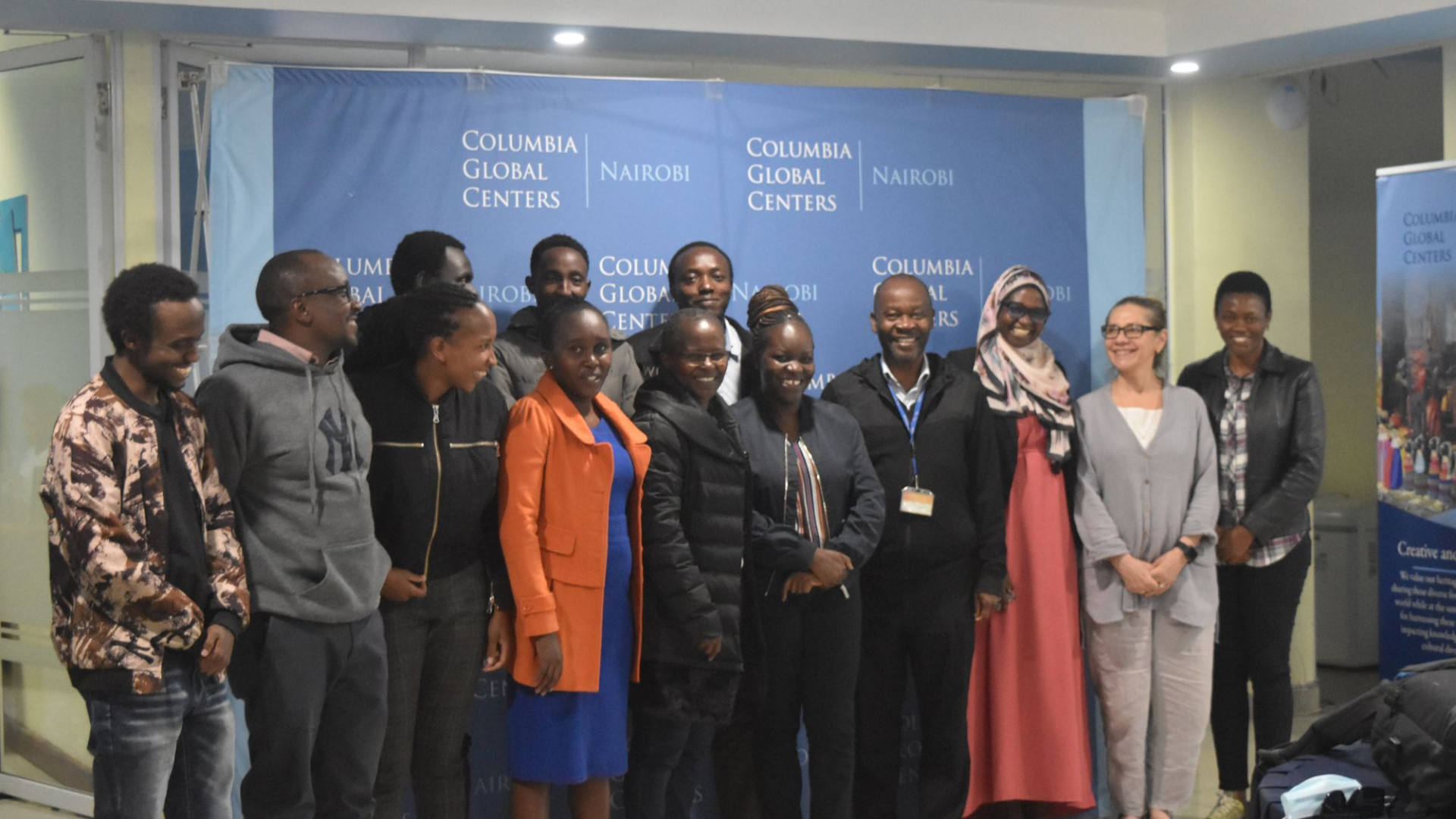
Renata Wentzcovitch, a Professor of Materials Science and Engineering in the Department of Applied Physics and Applied Mathematics and the Department of Earth and Environmental Sciences, Lamont-Doherty Earth Observatory at Columbia University, in collaboration with Professors George Amolo and Michael Atambo from the Technical University of Kenya led the Workshop on Ab initio Quantum Thermodynamics. The workshop also counted on the contribution of Dr. Pietro Delugas from the Scuola Internazionale Superiore di Studi Avanzati, SISSA, from Trieste, Italy. He led the lectures of the Quantum ESPRESSO, the software used for ab initio computations. Prof. John Perdew from Temple University also gave two lectures on the fundamentals of Density Functional Theory and its cutting-edge applications. Lectures on methods for quantum thermodynamics and thermoelasticity were given by Zhen Zhang, Chenxing Luo, and Qi Zhang from Columbia University.
Fifteen material physicists from Kenya and Tanzania attended the workshop hosted by the Columbia Global Center in Nairobi. Funding was provided by the US-Africa Initiative in Electronic Structure (USAfrI), one of the inaugural Innovation Fund Awards of the American Physical Society. USAfri aims to create a platform for exchange between African and U.S. physicists with opportunities to have a major impact on African research and education.
Image Carousel with 4 slides
A carousel is a rotating set of images. Use the previous and next buttons to change the displayed slide
-
Slide 1: Renata Wentzcovitch lecturing on spin crossovers in iron bearing phases at extreme conditions
-
Slide 2: From left to right: Bill C. Oyomo, George Amolo (standing), Perpetua Muchiri, Michael Atambo (standing), Carolyne Bakasa, James Sifuna, and Galdys King’ori.
-
Slide 3: Virtual lecture on Density functional theory by John Perdew.
-
Slide 4: Columbia Global Center Nairobi director Dr. Murugi Ndirango addressing the group
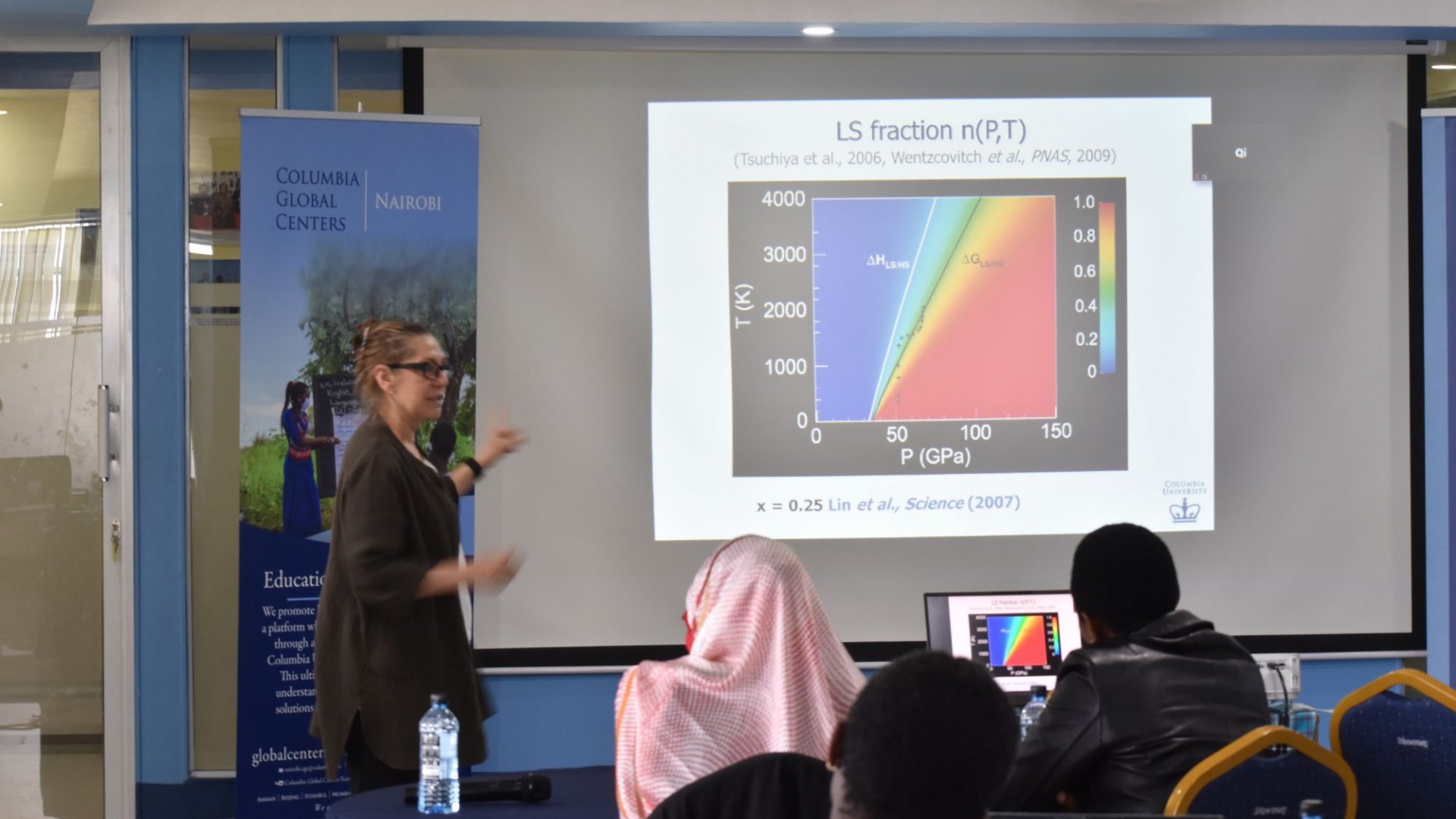
Renata Wentzcovitch lecturing on spin crossovers in iron bearing phases at extreme conditions
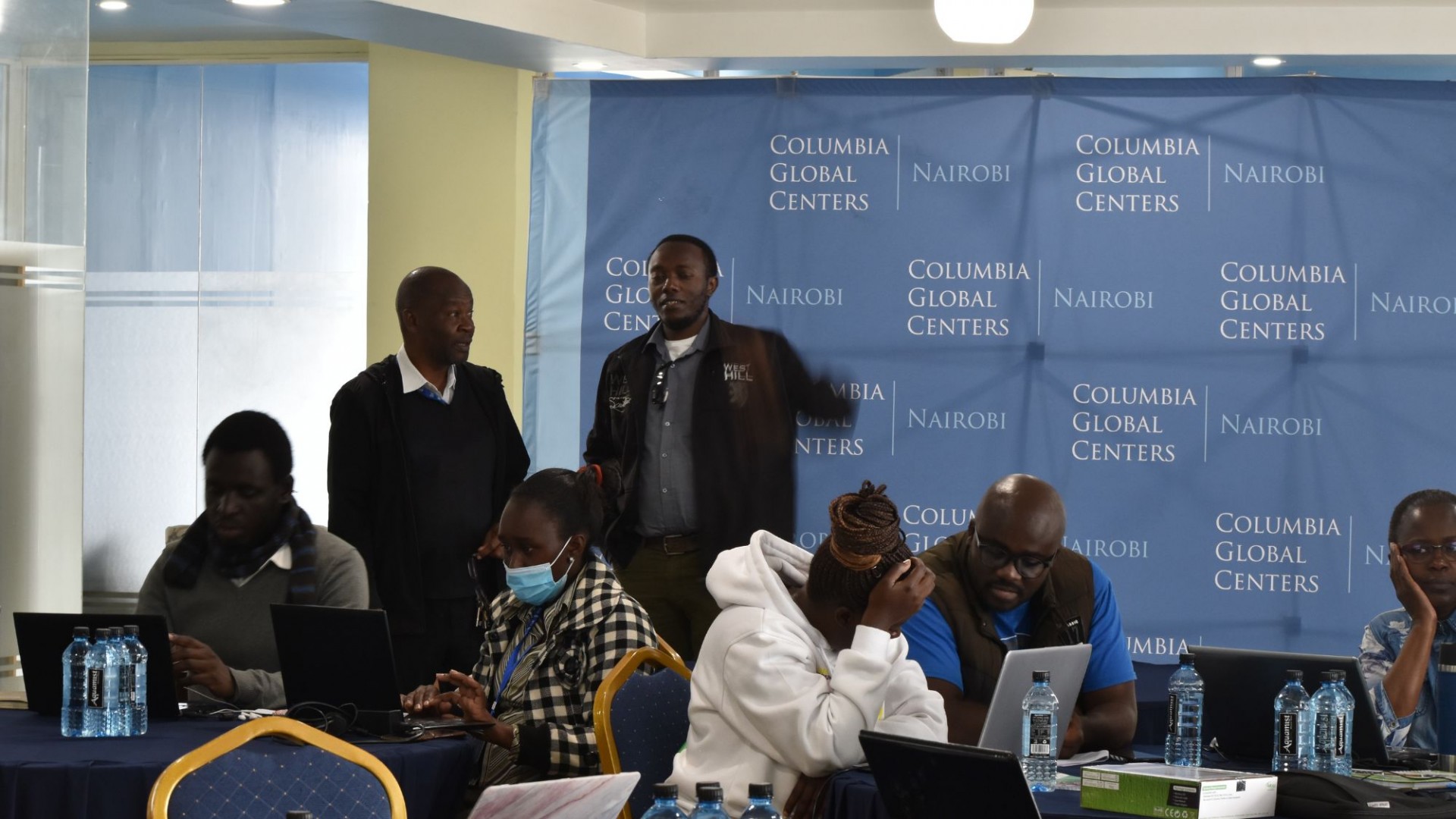
From left to right: Bill C. Oyomo, George Amolo (standing), Perpetua Muchiri, Michael Atambo (standing), Carolyne Bakasa, James Sifuna, and Galdys King’ori.
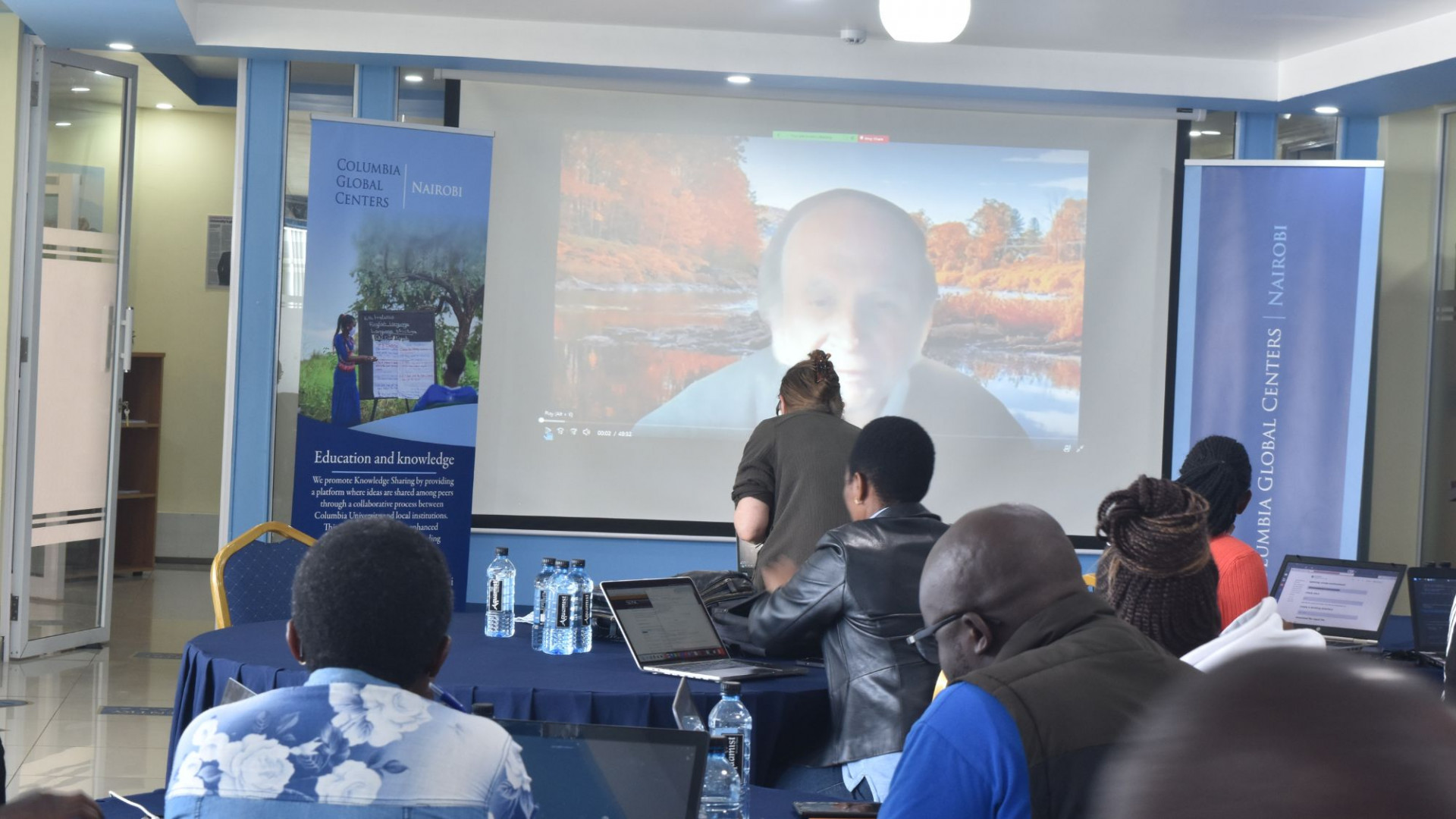
Virtual lecture on Density functional theory by John Perdew.
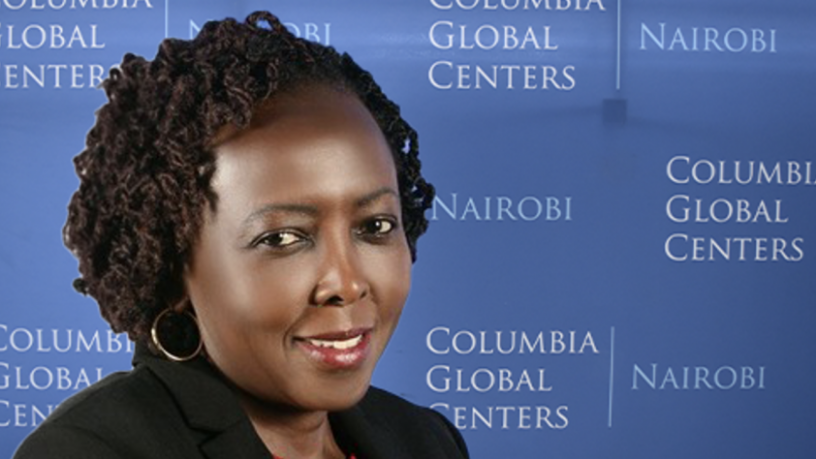
Columbia Global Center Nairobi director Dr. Murugi Ndirango addressing the group
The workshop aimed to introduce computational approaches based on ab initio methods to compute complex materials' thermodynamic and thermoelastic properties at extreme pressure and temperature conditions. These techniques have proved predictive at the extreme conditions of planetary interiors, such as Earth’s interior, where pressure and temperature reach 3.6 Mbar and over 6,000 K at its very center. Only such approaches can investigate in detail materials properties that can shed light on the nature of such interiors. These materials simulation approaches have transformed the field of Computational Mineral Physics and its Geophysics Applications. Despite their reach, these techniques apply to ordinary materials in cryogenic and ambient conditions where they are more easily validated.
This workshop fostered the development of collaborations between U.S. and African scientists and students while leveraging the position of the Columbia Global Center in Nairobi. More details about the workshop can be found here.